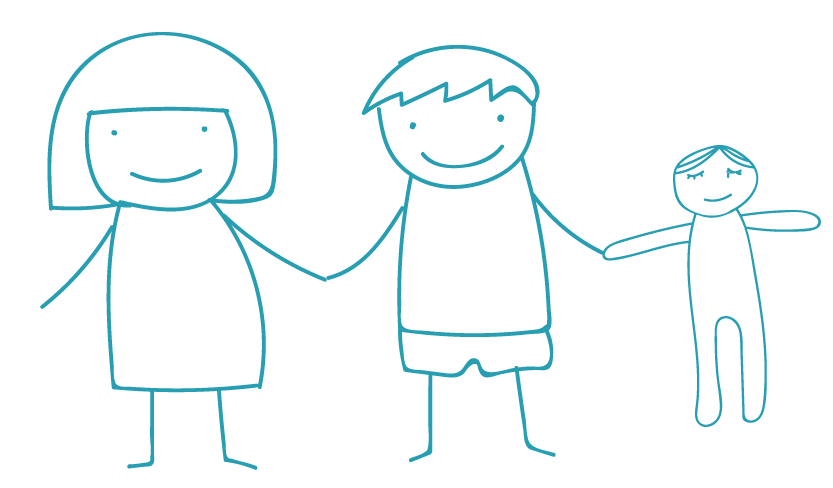Why Play?
Childhood is a time of wonder. Young children radiate curiosity that's waiting to be nurtured. But today, most children lead schedule-focused lives. Rushing has replaced spontaneity. Results are valued over process. Increasingly, play and academics are viewed as oppositional instead of intimately connected.
Rose & Rex believes that play is the foundation for all learning and development. It is a vital source and functional tool that helps children gain fundamental skills that they will carry through school and into adulthood.
Let's embrace play, every day.

The benefits of play


Children as young as 3 learn to understand the real world through realistic pretend play.4
-
Chronic stress produces cortisol, which sabotages memory and cognitive function, but regular play can provide a healthy reprieve and promotes relaxation.1
-
Blah Blah Blah
A study shows that kindergarteners' vocabulary was positively related to the quantity of time they spent talking while engaged in pretend play at age 3.2
-
Free play and play guided by adults both help preschoolers learn to notice other people's feelings, as well as to regulate their own.3

-

Children 3 years of age and older learn to understand the real world through realistic pretend play.4
-
10 Minutes
of imaginative play can improve a child's performance on subsequent executive function tasks.5
-

A survey from IBM institute revealed that CEOs value employees with creativity, which can be fostered through childhood play.6

When taking part in block play,
88% of preschoolers
engaged in at least one math-building activity such as comparing sizes and counting.7
Play is more important than ever
-
Over 79% of teachers in New York and Los Angeles said that they spend time every day on test preparation.8

-

In Finland, a country with one of the most successful school systems in the world, children spend an average of 75 minutes per day at recess. In the USA, children spend an average of 27 minutes per day at recess.9
-
A recent study found that children's ability to self-regulate has declined.

5-year-olds today completed the study's self-regulation tasks at the same level as 3-year-olds in 1940.10
Sources
- 1http://www.visualistan.com/2015/01/34-reasons-why-play-matters-infographic.html.
- 2Predicting Specific Kindergarten Literacy skills from Three-year-olds’ Preschool Experiences. Dickinson & Moreton, 1991.Retrieved from: http://www.thegeniusofplay.org/facts
- 3Stephanie Pappas, “The Top 5 Benefits of Play.” LiveScience.com, 2011.Retrieved from: http://www.thegeniusofplay.org/facts
- 4Gwen Dewar, “The cognitive benefits of play.” ParentingScience.com, 2006-2014.Retrieved from: http://www.thegeniusofplay.org/facts
- 5White, Rachel. The Power of Play: A research summary on Play and Learning. For the Minnesota Children’s Museum.
- 6Joan Almon for NAESP, It’s Playtime” 2013Retrieved from: http://www.thegeniusofplay.org/facts
- 7Building Blocks and Cognitive Building Blocks. Sarama and Clements, 2009.Retrieved from: http://www.thegeniusofplay.org/facts
- 8Crisis In Kindergarten, Miller & Almon, 2009
- 9Old-Fashioned Play Builds Serious Skills, Alix Spiegel, 2008
- 105 reasons Finland's schools are better than America's, Abby Jackson, 2015





